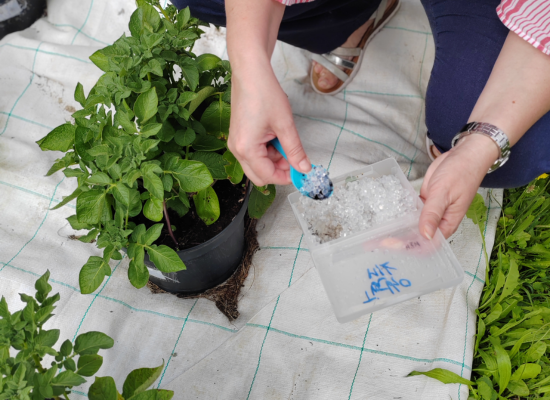Makabi Agritech
The Croatian start-up Makabi has created a 3-in-1 encapsulation technology for plant protection, nutrition and controlled release of bioactive components. With their innovative approach in green chemistry and sustainable agricultural production, Makabi contributes to the reduction of environmental pollution, mitigates climate crisis, and increases the biopotential of produced food. For these reasons, Makabi Agritech won the “Special Impact” Award of the ISC3 Innovation Challenge 2023 and was chosen as the ISC3 start-up of the month for November 2023.
Year of Foundation:
2019
Addresses the following SDGs:
SDG 2 (zero hunger), SDG 12 (responsible consumption and production), SDG 13 (life on land)
Website




